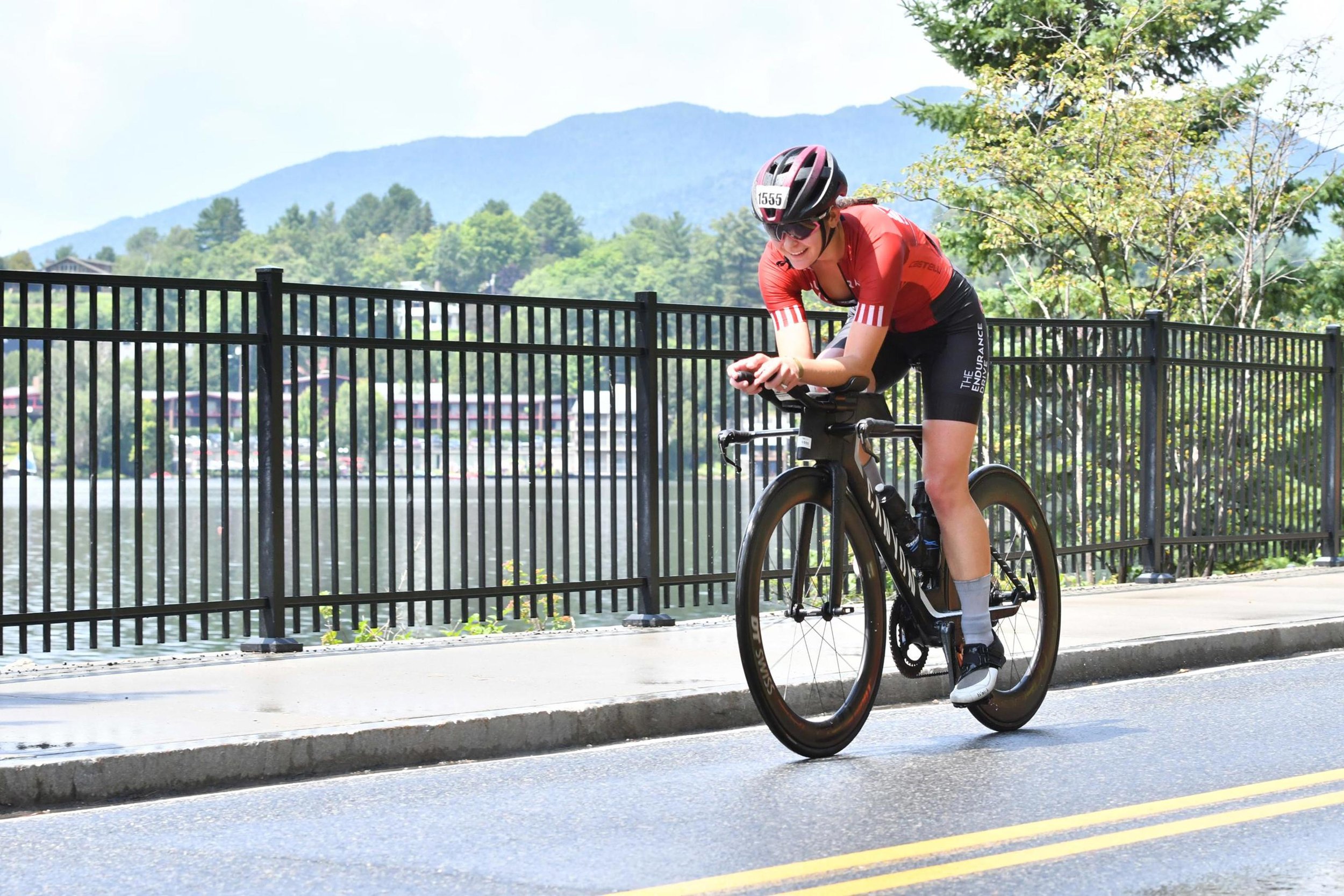TrainingPeaks allows athletes and coaches to track workouts and performance with a physiological stress metric known as Training Stress Score (TSS; a detailed explanation is here). In brief, TSS is a metric that takes into account the time and intensity of your workout relative to your threshold heart rate, power, or pace. For example, an easy 2K swim might yield 35 TSS. A 40K bike time trial or a 15K run at your race pace equates to about 100 TSS. A 20-mile all day hike with big elevation could be as high as 500 TSS. TSS is a useful data tool for short- and long-term planning, and the patterns it reveals can help both athletes and coaches make training and racing decisions.
But if TSS only cares about the duration of our workout and our threshold performance values, how do we account for the other stress in our lives when making decisions about how we train and race? The psychological strain that comes from a busy job, a hectic household, travel, or demands from school can all have huge impacts on our overall well-being. To account for mental stress in our overall training plans, I employ an original metric: Life Stress Score (LSS). The goal of LSS is to capture and anticipate stress that isn’t always physiological, but has an equally large impact on your physical training and race performance.
How does LSS work in practice? When an athlete is heading into a stressful work period, a major family event, or significant travel, we scale back the time and intensity of their workouts to free up mental and physical resources. For our student athletes preparing for final exams, we plan a recovery week with fewer sessions and less intensity, and delay longer workouts until after the tests are done. We keep physical activity at a maintenance level, or minimum effective dose, during this time, but we communicate with our athletes about which types of workouts will serve as academic performance enhancers (easy run with friends) and which will add to the stress (hill repeats at 6 am). This dialogue provides athletes with the physical and mental space they need to study and ace their engineering final. It’s a key part of our person first, athlete second approach at The Endurance Drive.
If you are training for a major endurance event (IRONMAN, IRONMAN 70.3, ultrarun, SwimRun, bike stage race), travel to the event can be another major LSS factor that drains athletes. Combine packing lists with coordinating time off with unfamiliar environments with inadequate sleep, and you run the risk of feeling much more frantic and stressed than usual. To feel both physically and mentally fresh on race day, you should plug in LSS, along with your TSS, into your race week plan. Scale back your workouts, don’t be overly ambitious about getting sessions in on days when you’re in transit, and do everything you can to stick to your routine. That, in combination with a close look at TrainingPeaks’ Training Score Balance, will help you arrive at the starting line at an appropriate level of mental and physical preparedness.
How much LSS you should assign to travel, work, school, or other stressful life events is more art than science. But by listening to your body during times of stress, you can begin to associate them with equivalent workouts. For example, after overnight air travel, I feel like I just ran a half marathon, which equates to around 150 (L)TSS. Figuring out what to pack and other logistics the day before a race might be 50 (L)TSS. Athletes tend to become attuned to their TSS scores for any given workout. You can use that same sense to think through your upcoming stressful events and input some LSS into your plan.
Stress is stress, whether physical or psychological. It all pulls from the same limited resources your body has. Your body hourglass has finite grains of sand each day, and every stressful event pulls sand at a greater rate through the funnel. When the top of the hourglass is empty, it’s empty. So sprinkle some LSS into your training plan for a 360-degree view of endurance event planning. We hope it helps you arrive at your big training weekends and race day physically and mentally prepared. -Jim


